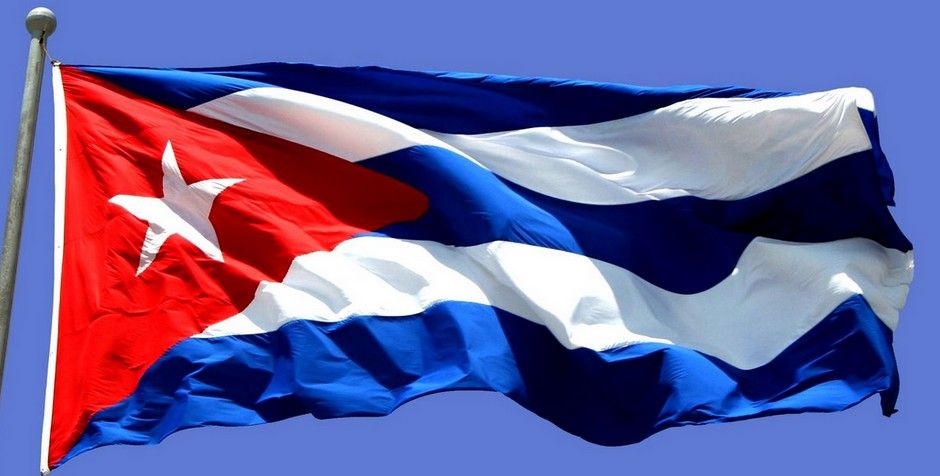Long live Free Cuba has been one of the cries that has accompanied us Cubans in our history. Whether it was a harangue to combat or jubilation at important moments in our lives, it has always expressed the Cuban identity.
The cry that moved the mambises to a machete charge, contained the need and the purpose of shaking off the dominance of the oppressor, it was the cry with which possible and necessary freedoms were summoned.
Unfortunately, not everyone who fought did so for the same kind of freedoms. The terrible weight of the slave system with its sequel of racial contempt, did not allow the same feeling of freedom to nest in all who exercised the clamor.
Long live Free Cuba had to feel those who, in search of a libertarian plenitude, rose up against the persistent mechanisms of discrimination in the new Republic and who were massacred by an army of compatriots during the uprising of the Independents of Color.
A Homeland yes, but of incomplete emancipations, was the reason for rebellions against governments and tyrannies of the day and above all, before the actions of a powerful nation that, from the interests of its huge companies, came to the definition of our policies.
Viva Cuba Libre was the impulse that moved the humble and hard-working people before the noose that a system, based on obtaining profits, weighed on the lives of so many poor people. The desire for freedom inherited from the first mambisa wars but manipulated by the entire ideological machinery of a dominant system not only in Cuba but worldwide, kept the cry current and necessary.
The struggles against the last tyranny that the Homeland suffered raised the cry of Viva Cuba Libre in the mountains and neighborhoods throughout the country in the face of so much murder, so much corruption carried out by a state power bound by personal ambitions and by its ties to the great world power. At the fall of that misrule, the cry took over the streets between flags and jubilation.
For the first time and in a massive way, the Cuban people reached the certainty of having a Homeland but immediately had to defend it because the forces of the great hegemonic power did everything possible to liquidate it. This is how the cry was born, converted into the slogan of Homeland or Death and that accompanied the militiamen in Girón or in the fight against the bandits in the Escambray.
An independent Homeland was defended making use of that quest for freedom, of that slingshot of David that Martí spoke of.
The purpose of seeing Cuba free remains in force in our lives, free from the ties imposed on us today by the interests that dominate the world; free from the weight of our own mistakes; free from the hindrances of a poor education; of the well-to-do bureaucracy, of the lies that the dominant ideology imposes from its disinformation industry aimed, above all, at depriving us of the fullest freedom.
The Cuba that we want, increasingly freer, is the only path to the full Homeland through which, in the face of grave dangers, death has been preferred but with the deep conviction that, based on that will, we will win.
Sitio Oficial del Gobierno en
Granma
Infórmese acerca del accionar del Gobierno en la provincia, su estructura y más…

